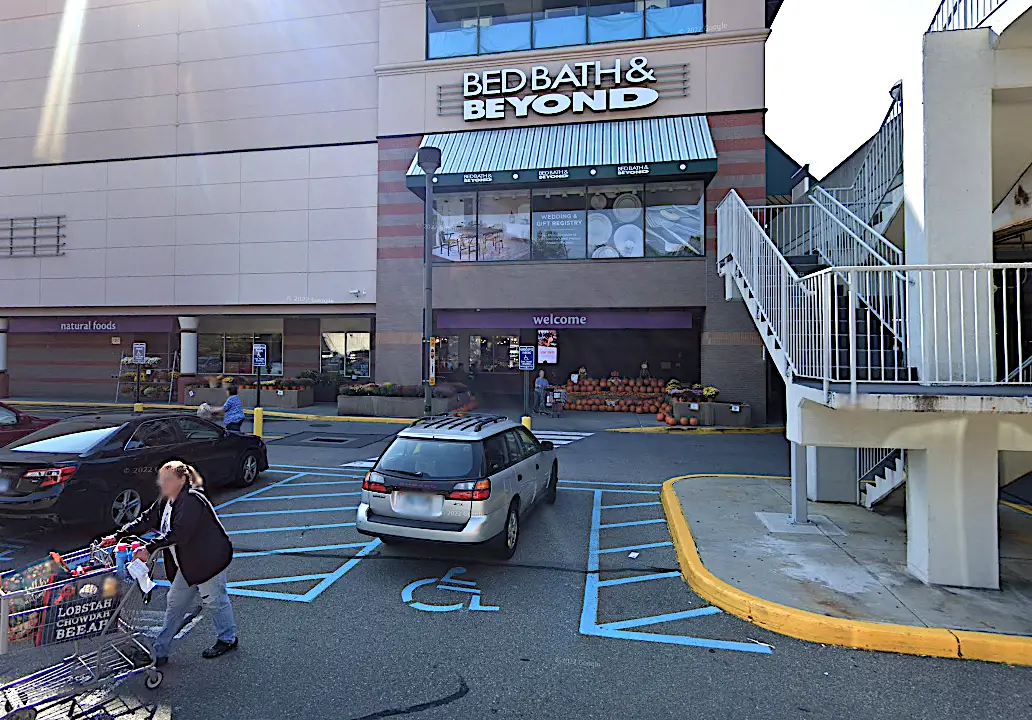Lovelace Biomedical Research Institute, a not-for-profit contract research organization located in Albuquerque, New Mexico, recently joined the Touro University System that includes New York Medical College (NYMC) in Valhalla.
The institutions view their respective missions as the advancement of science and conduct important biomedical research. According to Touro University President Dr. Alan Kadish, “The primary goal is science and service rather than profit.”

The alliance is outlined by a membership substitution agreement. Kadish explained that Touro will, as the member of Lovelace, be responsible for its overall direction and the appointment of the board, and though Touro has appointed five board members of its own, some of Lovelace”™s legacy board members have been retained and will remain for around 10 years.
“The board of Lovelace will operate independently, and it will remain a separate institution collaborating within the Touro system,” he said. “We had synergistic goals ”” in their case to continue what they do in cutting-edge science, in our case to expand our basic science research operations.”
Lovelace first began its search for a partner around three years ago and found Touro and NYMC to be the best option. Though Lovelace is renowned for its grasp of basic science and other clinical research work, it was lacking in other areas, such as having no clinicians.
“The absence of clinicians and people with clinical perspective and clinical input created a challenge for them in staying at the cutting edge of research,” Kadish said. “Then there are also the challenges of running an organization that”™s I would say medium sized but independent in terms of operational matters.”
Touro has the resources at its disposal for investing in Lovelace”™s research and in other ways, which proved to be another point of favor. Already, Touro has begun efforts in expanding Lovelace with the addition of health science schools on its campus, which Kadish said would “create the opportunity for students to do research, create the opportunity for some teaching on the part of Lovelace scientists and create a more global atmosphere of biomedical science on the campus.”
Touro sees Lovelace as a valuable addition to its university system because of the wealth of knowledge the organization will bring, such as in respiratory disease, gene therapy and neurologic imaging. Lovelace has “enormous expertise in being able to conduct a huge array of experimental studies to further science,” according to Kadish.
The latest project Lovelace has conducted was one pertaining to coronavirus.
“We designed a study to look at coronavirus and how introduction of coronavirus via different ways would alter the immune response,” Kadish said. “Everything that needed to be done was easily done within the Lovelace bandwidth.”
Presently, the partnership has a period of adjustment in its horizon. Given how recent the alliance first emerged, Kadish predicted “cultural adjustments” will require some time to complete.
“It will take a couple of years to smooth out some of those things,” he said. “Given our past experience, I”™m completely confident that it will work, but there”™s always some speed bumps and cultural issues that need to be addressed as we join up.”
NYMC”™s academic departments are encouraged to cooperate with Lovelace in projects, and Kadish has observed enthusiasm from both locations regarding the new partnership.
“Overall, people are very excited. They”™re excited about having the translational clinical input, they”™re excited about some of the new things we can do together,” he said. “Anytime you make change in any organization, there”™s always some concern about how”™s it going to affect me in the future, but overall, I think we”™ve had a very good response and things are working well.”






















